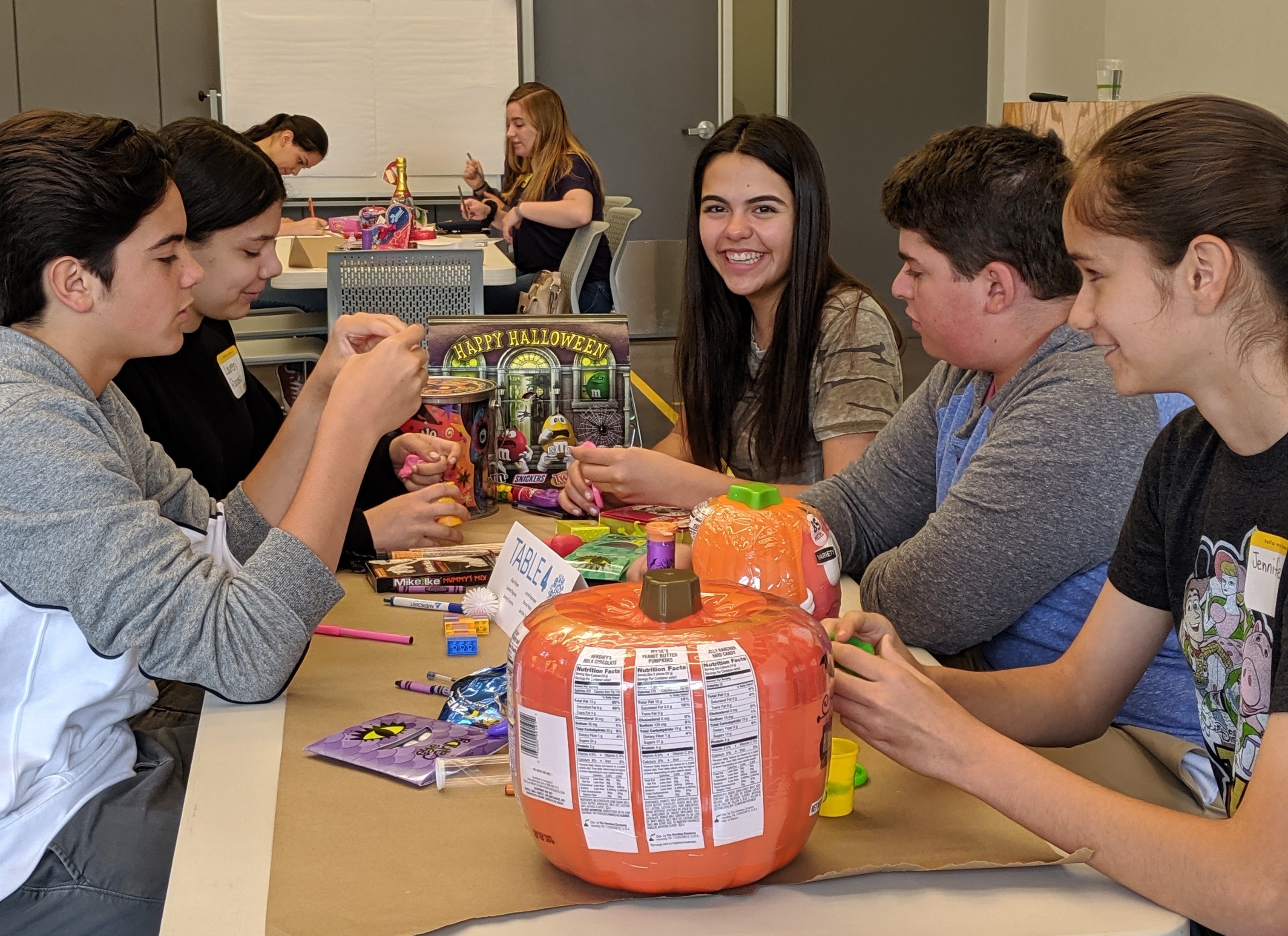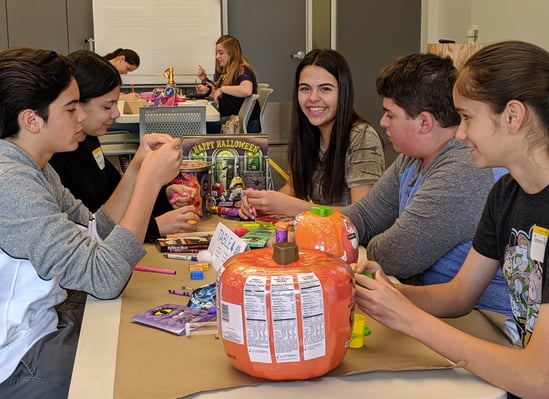IDEA LABS: Leaning on Insights to Reach the Gen Z Market

 According to the Center for Generational Kinetics, there are five generations currently making up our society. The Silent Generation – the oldest – are people born 1945 or earlier; next we have Baby Boomers – the largest timespan of all the current generations, born between 1946 – 1964; members of Generation X are born between 1965 – 1976; the Millennials time span is tied with boomers, with its members born from 1977 – 1995; finally, Generation Z – or Gen Z, which as a group is receiving a lot of buzz – occupy the years 1996 -2012.
According to the Center for Generational Kinetics, there are five generations currently making up our society. The Silent Generation – the oldest – are people born 1945 or earlier; next we have Baby Boomers – the largest timespan of all the current generations, born between 1946 – 1964; members of Generation X are born between 1965 – 1976; the Millennials time span is tied with boomers, with its members born from 1977 – 1995; finally, Generation Z – or Gen Z, which as a group is receiving a lot of buzz – occupy the years 1996 -2012.
For Consumer Packaged Goods (CPG) companies, understanding what drives and motivates these generations has a major impact on everything from revenue and recruiting to health and cultural trends. A staggering amount of research has been completed on the spending power of the different generations. Gen Z will account for 40% of U.S. consumers by 2020. This young generation’s purchasing power is projected by Barkley, Inc to have already hit $140 billion, with only a quarter of their demographic having entered adulthood. And much like generations before them, their tastes are much different than their predecessors.
Gen Zers were born into a world with social media, online shopping, and a focus on brand transparency. How can brand companies address this cohort's needs as the Gen Z market share continues to grow? Werkshop Design Group (WDG), creative werks’ in-house design firm, recently conducted an IDEA LABS session to better understand the wants and needs of this massive demographic. Here are three key takeaways on Gen Zers’ interests and trends based on WDG’s research.
PURCHASING WITH A CONSCIENCE
Over the last five years brands have seen a call from consumers to tackle world problems that they, too, feel passionate about. This is more intensified in Gen Zers, who choose brands that want to make a positive impact. Most large CPG companies have set corporate social responsibility goals, from zero waste initiatives to fair trade practices to contributing to charities that support human rights. Gen Z consumers are expert researchers; they are highly skeptical of brands, quickly identifying signs of “greenwashing”, or exaggerated statements. Gen Zers appreciate honesty about the level of impact their purchase will have on the world and society at large.
HEALTH IS A WANT, CONVENIENCE IS A NEED
The younger segment of Gen Z is quick to acknowledge that their healthy purchases are driven by parents, who often buy healthier foods for the home and have taught them to appreciate healthier options. They are conscious of their impact on the planet and would like to incorporate more plant-based options. At the same time, Gen Z consumers require convenient options. They live in a fast-paced world and, though they appreciate a healthy, home-cooked meal, they demand convenient options that fit within their style. Healthy on-the-go snacking options are immensely popular with this group.
BRICK AND MORTAR STILL MATTERS
Generation Z spends an enormous amount of time online, where they research major purchases before buying. But unlike the market’s expectations that the group would drive forward an e-commerce economy, Gen Z still prefers to make their purchases in brick and mortar locations. According to Retail Touchpoints, 53% of the group researches online-only alternatives when they cannot find what they are looking for in stores, and 52% of the group researches discounts, coupon codes, and other cost-saving measures prior to visiting a physical retail location.
Generation Z is an enormous market, the impact of which can elevate brands as Gen Zers soon become the largest consumer group. Adaptability is a key strategy in captivating the consumer, with trends emerging and fading in less time than ever before. Brands will need to keep an ear to the ground, anticipating the rapidly changing consumer preferences as Gen Z enters the majority of the market share. This generation is still young, so homing in on market trends and conducting extensive research on the social and environmental causes that consumers care for will set your brand up for success in the future.